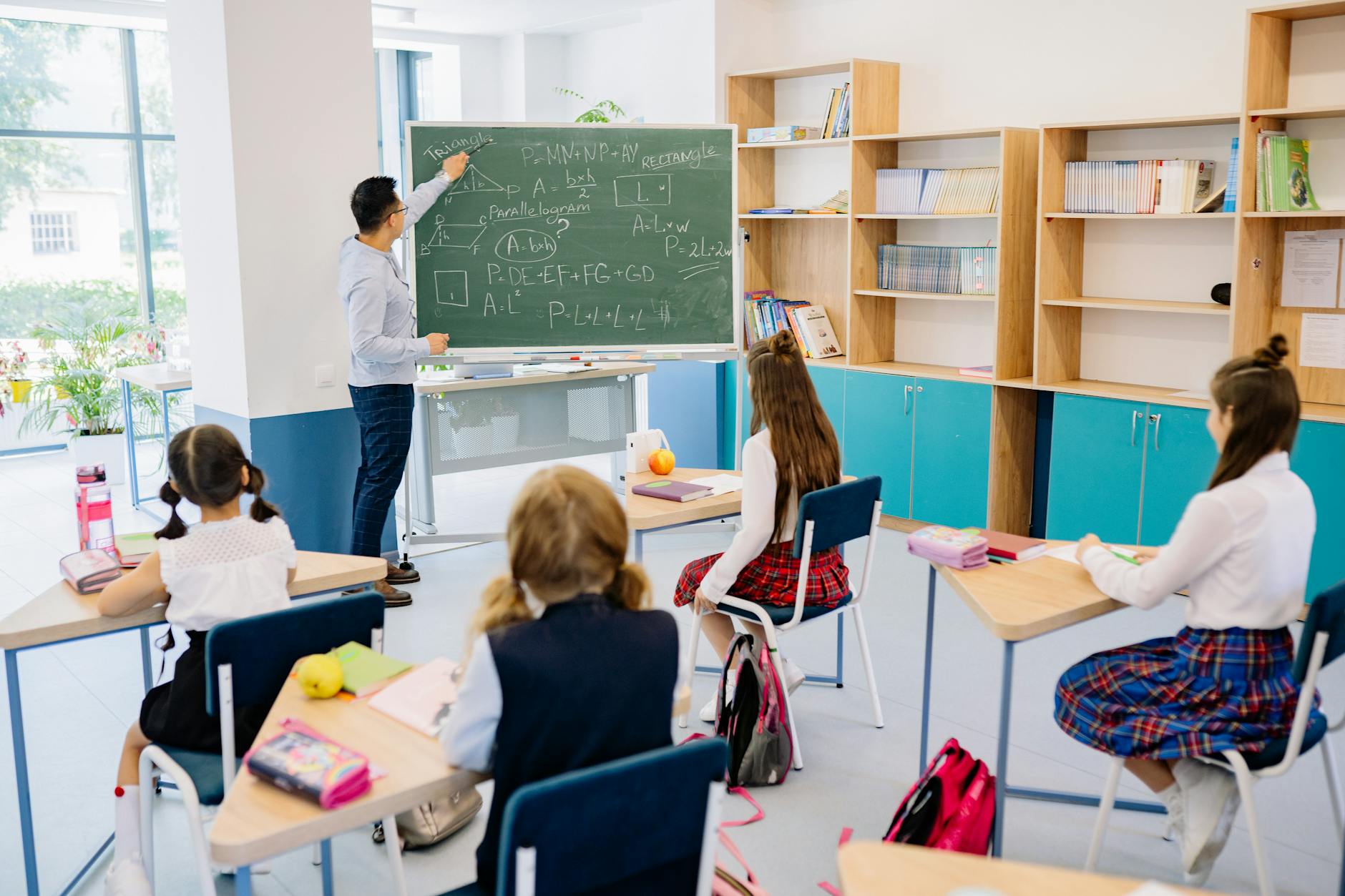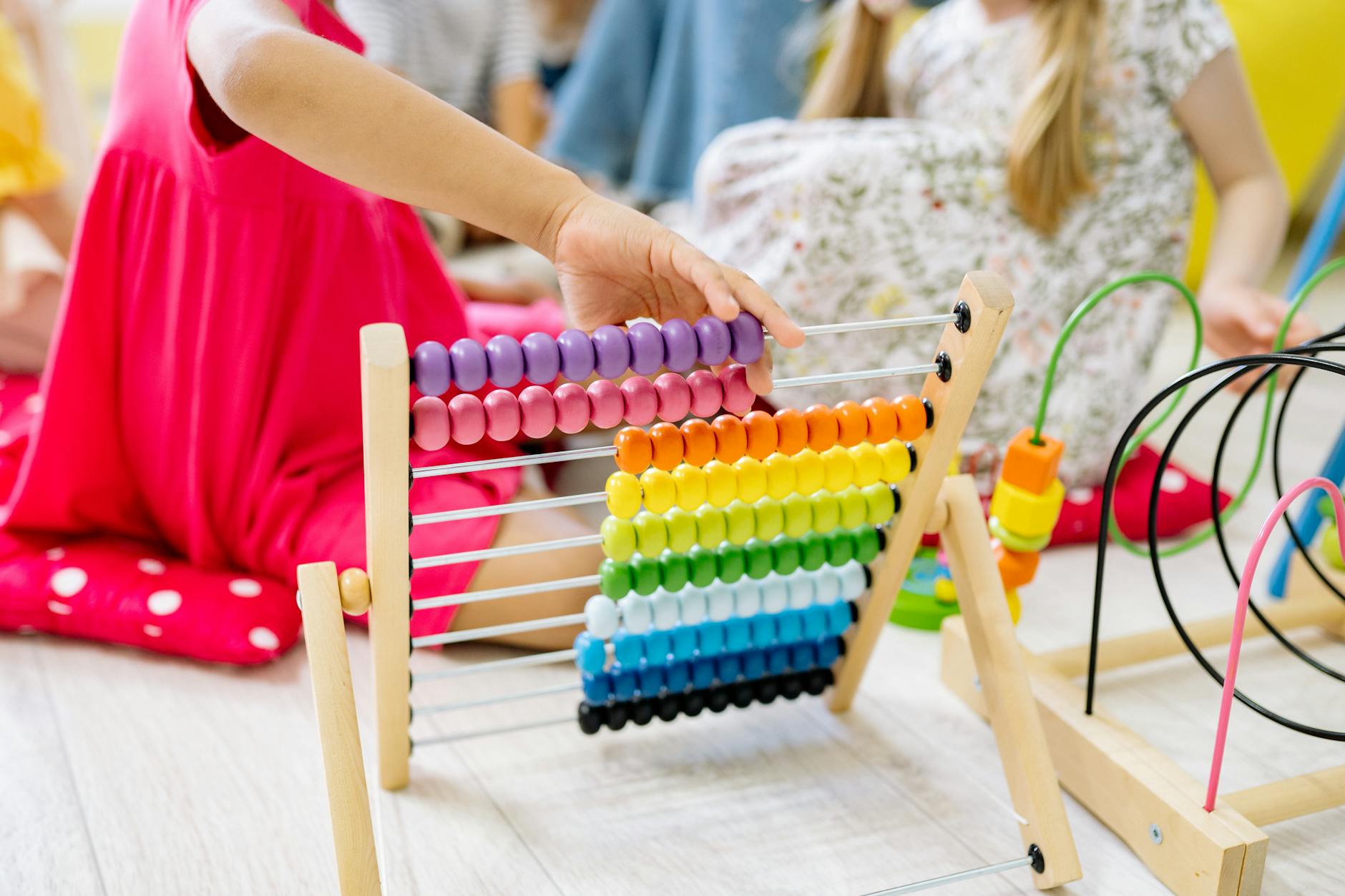How to Navigate Community Services Education in Australia

Understanding Community Services Education
Gaining insights into community services education in Australia begins with recognising the key qualifications available. For many aspiring professionals, starting with a Cert 3 in Individual Support offers a solid foundation in essential care skills. Such courses focus on fundamental topics like health support, communication, and ethical practices, all crucial for effective caregiving in settings like aged care and disability services.
Beyond this, pursuing more advanced aged care courses can significantly enhance one's expertise and career prospects. These programs typically cover specialised care approaches, legal obligations, and mental health strategies crucial for maintaining one's well-being. It's essential to manage emotional demands while fostering a sense of empathy and compassion.
Melbourne, with its commitment to nurturing healthcare professionals, presents a variety of education pathways across its community centres and renowned institutions. As you contemplate your educational journey, the atmosphere of places like the Royal Botanic Gardens can provide a serene backdrop for reflection and planning.
Consider these key qualifications as stepping stones, each one contributing to a comprehensive understanding of community services. With Melbourne's vibrant educational landscape offering a wealth of opportunities, these tools empower you to better serve a diverse and growing community.
Navigating Your Education Options
Choosing the Right Program
Selecting the appropriate educational path requires careful consideration and planning. For those of us in the community services field in Melbourne, pursuing courses like the Diploma of Community Services or Cert 3 Childcare can significantly enhance our ability to provide effective care. The Royal Botanic Gardens offer a serene backdrop to contemplate our career ambitions and how specific programs can complement our long-term goals. It’s essential to weigh factors such as course content, duration, and potential career outcomes. Also, consider how each qualification aligns with your aspirations, whether advancing in aged care or diversifying into broader community services.
Accreditation and Credibility
When evaluating educational options, it is crucial to ensure the programs are accredited by recognized institutions, indicating their credibility. Accreditation guarantees the quality and rigour of a program, which is vital for those wanting to climb the ladder within the care sector. Attending institutions with strong reputations enhances not only personal knowledge but also employability.
Online vs. In-Person Courses
Deciding between online and in-person courses involves assessing your preferred learning style and lifestyle needs. While online courses offer flexibility and convenience, especially useful when juggling work and study, in-person courses provide hands-on experience and networking opportunities. Finding the balance that supports your learning while allowing time for mental health practices, like unwinding at local cafés in Fitzroy, is fundamental for maintaining focus and avoiding burnout in your career journey.
Balancing Work and Study
Achieving harmony between work and study can often feel like a juggling act, especially when you're entrenched in both child care courses and a busy career. I've found that establishing practical time management strategies is crucial in maintaining this balance. It starts with prioritizing tasks, such as setting a daily schedule or using apps to keep track of my responsibilities. Allocating specific time blocks for different aspects of life—work, study, and rest—allows me to attend to each without neglecting others.
Alongside time management, addressing the emotional demands of my role is equally important. Long days in the aged care sector can be taxing, but I've discovered techniques that bolster mental health and resilience. Regularly disconnecting in tranquil settings like the Royal Botanic Gardens and engaging in mindful activities such as meditation or a casual stroll are beneficial. Sharing experiences in supportive social media groups has further enriched my emotional coping toolkit.
Support networks come in handy, too. Being part of community services courses not only improves my skills but also offers avenues to connect with colleagues facing similar challenges. Collaborating with peers, whether within local community centers or through virtual platforms, opens doors to sharing strategies and resources, ultimately enriching both my career and personal well-being.
Skill Development Strategies
Developing skills in early childhood education is critical for those keen on progressing in the field of community services. One effective way to boost your skills is by enrolling in a Diploma in Early Childhood Education. This can offer invaluable insights and practical knowledge that can significantly enhance your work with children and families.
Here are some strategies to consider:
-
Continuous Learning: Keep up-to-date with the latest methodologies and research. This not only helps in professional growth but also increases the quality of care provided. Look for resources that integrate both theoretical and practical aspects of early childhood education.
-
Practical Experience: Engage in volunteer work or internships at community centers, similar to those in Carlton, to apply what you've learned in real-life settings. This hands-on experience is fundamental for understanding various scenarios and adapting to different environments effectively.
-
Workshops and Seminars: Attend local workshops or seminars, whether in Fitzroy or elsewhere, to broaden your perspectives. These gatherings often provide networking opportunities with other professionals and experts in the field.
Skill development goes beyond acquiring knowledge. It involves applying what you learn and continuously refining your approach, ultimately empowering you to provide higher-quality service.
Tackling Common Challenges
Overcoming Burnout
In the world of community services, depression counseling can become an essential part of navigating daily stressors and ensuring sustainable engagement. Consider exploring the tranquil pathways of the Royal Botanic Gardens during lunch breaks, which can serve as a restorative environment. Engaging in mindfulness exercises amidst lush greenery allows me to recharge, reinforcing my mental resilience and reducing burnout risks. I've also found that surrounding myself with supportive colleagues, akin to the vibrant community at local cafés in Fitzroy, offers a space to unwind and share experiences.
Managing Course Workloads
Balancing courses within community services education requires meticulous planning. Creating a structured timetable enables me to prioritise tasks, integrating study sessions with moments of leisure to maintain equilibrium. Joining study groups at community centers in Carlton can foster a sense of camaraderie, reducing isolation and enhancing collective learning. Furthermore, leveraging tools like digital planners aids in tracking progress and staying ahead of deadlines.
Navigating Career Transitions
Transitioning within community services evokes mixed emotions, from anticipation to uncertainty. I invest time in professional development by attending workshops and seeking guidance from mentors within the sector. Networking events in Melbourne provide insights from industry leaders and can highlight emerging opportunities. Additionally, attending seminars focused on LGBTQ rights or inclusivity can broaden my understanding and adaptability, aligning my career with evolving community needs.


